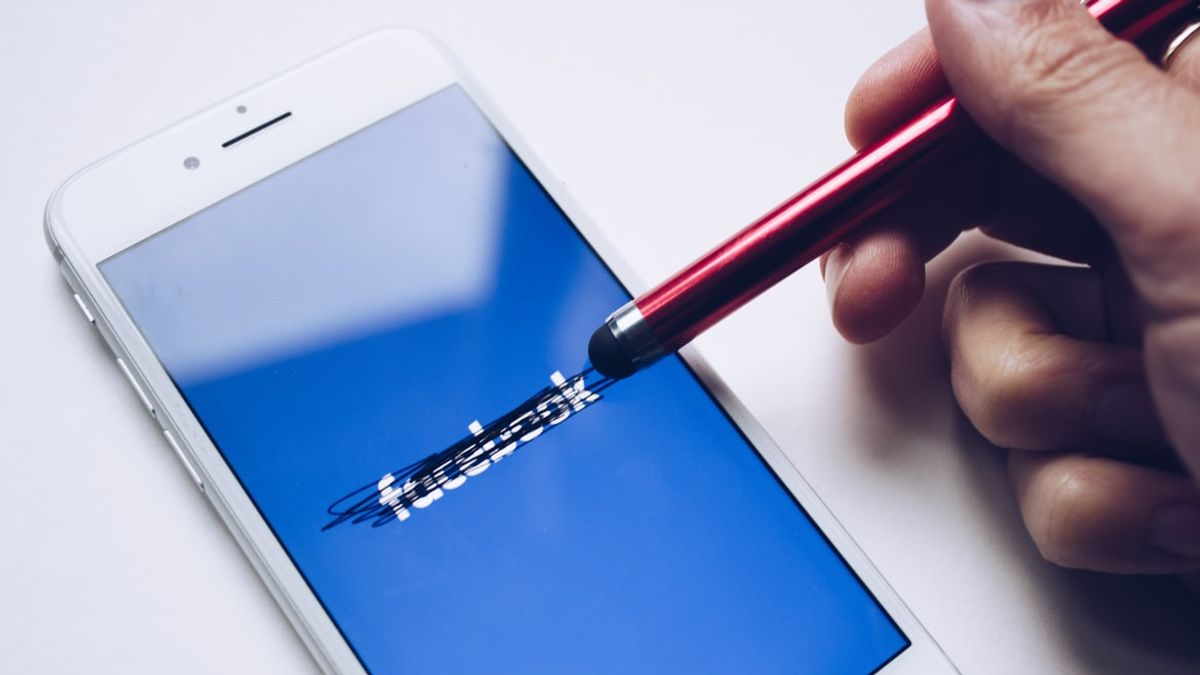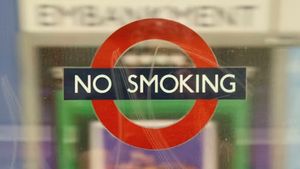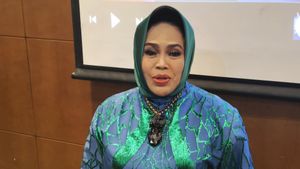JAKARTA - Another leaked internal Facebook research document has revealed that the social media company is aware of the fact that more than 350 million users have reported engaging in compulsive use that borders the threshold of addiction. However, the company eventually disbanded the team behind the findings.
In recent weeks, several news organizations with access to leaked internal documents have published reports about some very worrying decision-making patterns on Facebook, which strongly favor the company's profitability over user well-being.
One of the leaks revealed that the company maintains a two-tier user system to enforce its content infringement policies. One class includes casual users, while the second class of high-profile "whitelist" accounts includes politicians, celebrities, and journalists.
Many of these accounts are reportedly posting fake news and misinformation that are allowed to linger on the platform even longer than they should. This is just one of the many problems companies are facing. Some were later exposed via leaked documents as well.
As per a leaked collection of internal research material reviewed by The Wall Street Journal, Facebook researchers documented that one in eight users of the platform admit to using social media compulsively which affects everything from their sleep and work patterns to parenting duties and social relationships.
Users reported that their problems with compulsive use – otherwise known as internet addiction – were the worst in the case of Facebook compared to other social media platforms. However, the company — now called Meta — disbanded the team behind the research. Some of these findings are now independently published and can be found in repositories such as arXiv.
User testimonials collected as part of internal research reveal "problematic use habits" such as delaying bedtime due to prolonged Facebook use and sleep deprivation due to exposure to disruptive or violent content.
Facebook addressed some issues in the long term, such as adding a sensitivity slider on Instagram to control the amount of sensitive content that appears in someone's feed.
Members of the "welfare team" estimate that about 12.5 percent of Facebook's 2.9 billion users face the problems mentioned above with compulsive use, meaning about 360 million people are connected to the platform.
While only 10 percent of users in the US report experiencing such problems, the share of users in markets like India and the Philippines is much higher at around 25 percent.
The team found that a lower sense of well-being and problematic use was higher in the case of Facebook compared to other social media platforms among users. In a 2017 blog post written by the Facebook researchers themselves, they cited an external study by Professor Jean M. Twenge of San Diego State University which claimed that cell phone use was linked to teen depression.
Internal research also shows that the number of posts talking about Facebook addiction is also increasing. Their platform sister, Instagram, is also grappling with a similar problem that Meta doesn't seem to be able to solve.
Several users surveyed reported that the barrage of notifications and auto-playing videos made it difficult for them to put down their phone and sign out of Facebook. However, the company reportedly overhauled the team twice after 2017, and the resources allocated to it were only half of what was requested before it was finally disbanded.
The English, Chinese, Japanese, Arabic, and French versions are automatically generated by the AI. So there may still be inaccuracies in translating, please always see Indonesian as our main language. (system supported by DigitalSiber.id)













